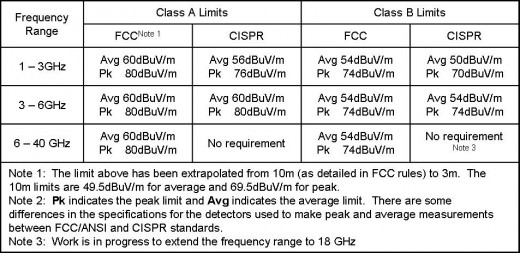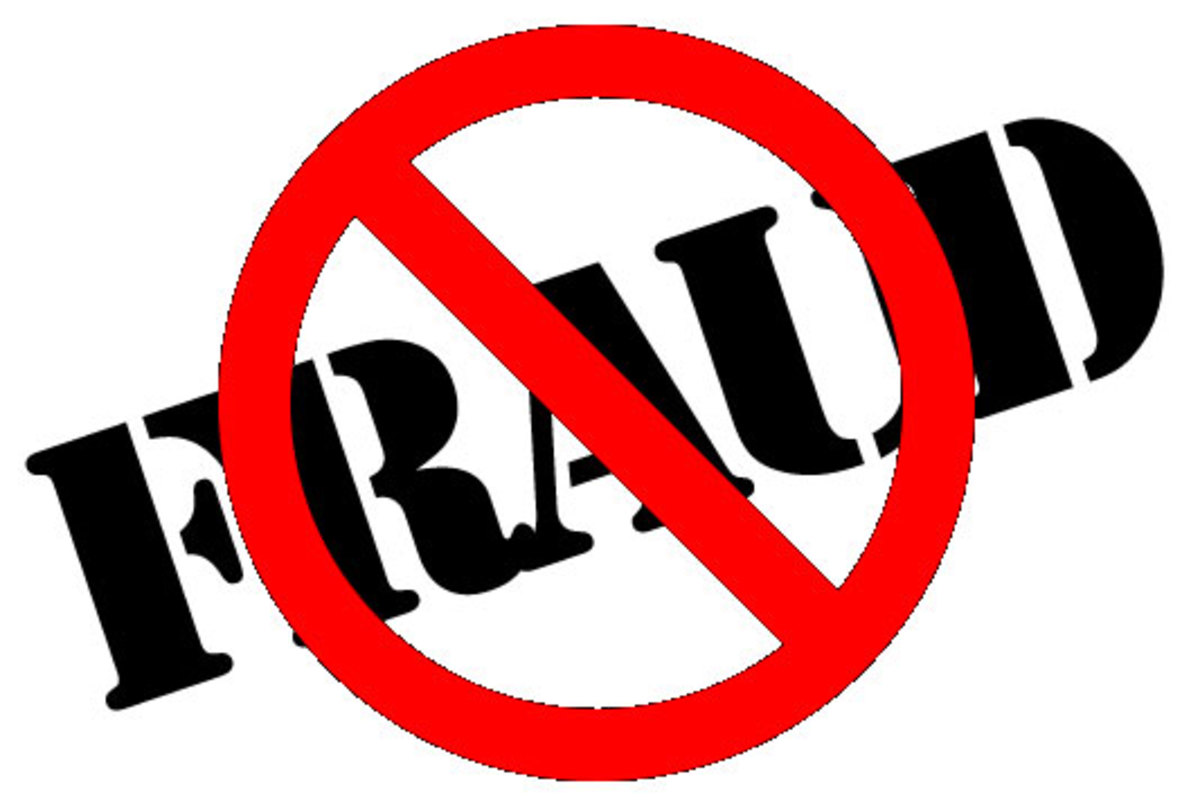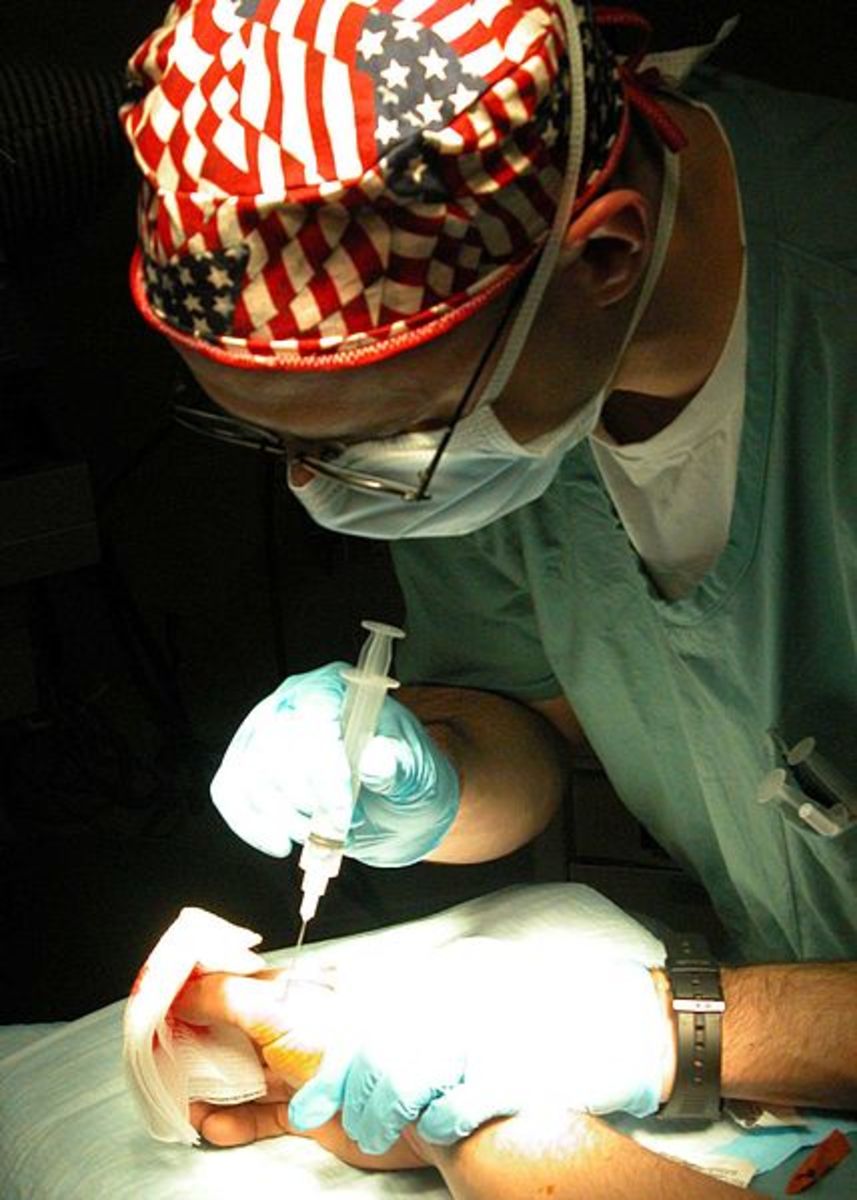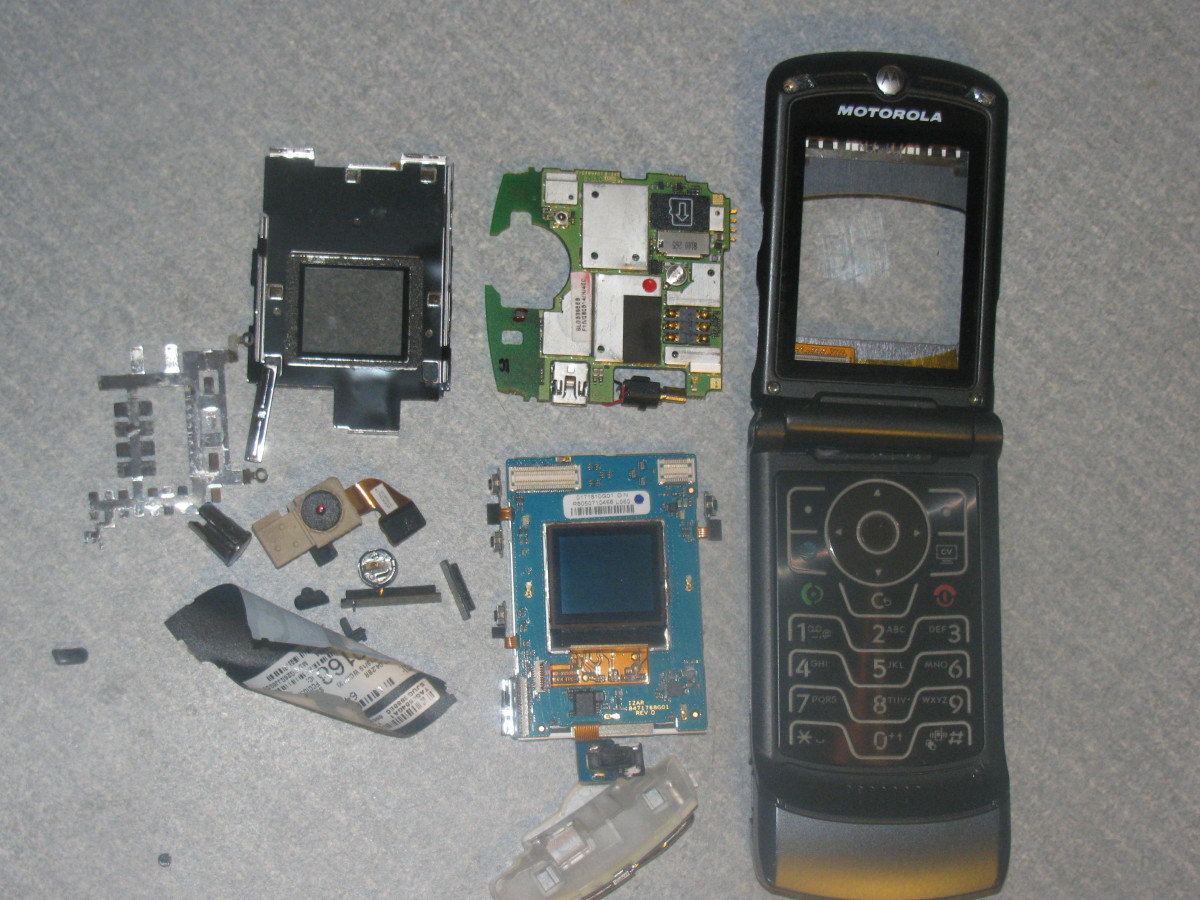How To Prepare FCC Testing Process
FCC Testing Process
If you manufacture or use information technology and phone equipment, there may be requirements associated with these products that involve a certain type of testing known as FCC testing. The type of testing that is required for information technology and phone equipment may depend on the type of equipment being considered. The following are 5 phases associated with preparing a product for FCC testing.
Comparison Between The Limits For Digital Devices Required By FCC

The 5 Steps
Firstly, identify conformance and compliance requirements for your organization or product. There can be different categories of conformity assessment and this typically depends of the categorization of need and the country within which the compliance is required. For organizations that engage in international or global product delivery, usage and servicing, there could be a variety of testing required to ensure that all conformation requirements for the different countries are met or adhered to. Categories of compliance include telecom, product safety and EMC. These different groups may then be overseen or regulated by different or the same testing facility or organization within a particular country. Countries may also exhibit the same standard or different protocols in testing information technology or equipment. In addition, the testing bodies in various countries may be known by different names. For example, EMC and telecom information technology and equipment testing in the United States falls under the umbrella of FCC testing, while these same categories in Canada fall under the testing umbrella of Industry Canada. Also, there are different organizations that can participate in establishing standards and regulations. The goal of such regulations is to ensure the safety and functionality of such equipment and also enforce compliance.
Secondly, know and understand the various categories of FCC testing standards. The FCC code of regulations can include various parts such as Emergency Alert Systems, satellite communications, wireless communication services, industrial and medical equipment, scientific equipment, radio frequency devices, personal communication service equipment, public radio services, voice mail, interactive menu services, services for people with disabilities, cable television relay services, offshore radio-telephone services, multi channel video services, amateur radio services and others. There are different categories of FCC testing and this implies that each section must be clearly identified as relating to the product to be tested. For example, registering a product for FCC part 68 would involve contacting a verified company that participates in FCC Part 68 testing. It is important to contact the testing company when ready to verify the type of information technology or equipment that is to be tested and what the associated procedures for testing would be. Such procedures could include a testing fees and the delivery of the product for testing. There could also be information available regarding the durations of the tests.
Thirdly, once an understanding of the compliance requirements is acquired, the next step is to prepare for testing by making sure that all the compliance requirements are followed. Once this is achieved, a product may then be submitted for FCC testing. In some cases, the testing facility may request that more than one item of the same equipment is sent for testing. All associated elements related to the piece of the equipment would also normally be sent in addition to the core piece of equipment. Full information regarding the client’s name and address along with the name and address of the equipment’s manufacturer could also be requested. Original documentation that accompanies the equipment as well as any schematic diagrams related to the equipment would need to be available as well. Durations for testing could range from days to weeks. The fees for FCC testing could also include the preparation of appropriate paperwork for filing and costs that will be associated with the specific work required to test a particular piece of equipment or technology. Once all related testing parties are in agreement regarding fees and work schedule and documents indicating the same have been signed, the official tests begin.
Fourthly, prepare for the aftermath. There are really only two outcomes that could occur from information technology and equipment FCC testing. The product being tested either passes the test or fails the test. If there is a failure of the product to comply with at least one of the mandated testing requirements for that particular specification of product, the product would be deemed to have failed the test. It is then the duty of the testing facility to promptly contact the client who presented the product for testing and inform the client of the testing results. In particular, specific area or areas of failure for the product or technology need to be itemized and detailed. The client who presented the product or technology may then have the option of working closely with the testing facility to fix any problems associated with the product. Depending on the time needed to correct the problems, the testing could continue within the earlier stated time-frame. However, if fixes are estimated to take prolonged time-estimates, the testing may stop and the client could be invoiced for testing work that is completed, depending on previously agreed-upon conditions. In some cases, testing fees are fixed independent of if testing on the product reaches completion or is interrupted by noted failures along during the process.
Finally, if the product or technology does pass the FCC testing process, the data associated with the conducted test are organized into supporting documents for the appropriate filing classification. The client is expected to receive a copy of this report along with pertinent information regarding the testing procedures and outcomes. Once a compliant document is received or testing reaches a pass stage, the client is then able to perform self-declarations of compliance or advertise the same as desired. Conformity to regulatory standards could create a number of opportunities for the manufacturers and distributors of the product. Most important of these is the ability to use the product for its intended use in regions that are governed by FCC testing. Failure to abide by such compliance regulations could generate safety issues and lack of compatibility with other products from other manufacturers. In addition, compliance and FCC certification could also create marketplace opportunities by possibly enabling interoperability capabilities between related devices and products.








